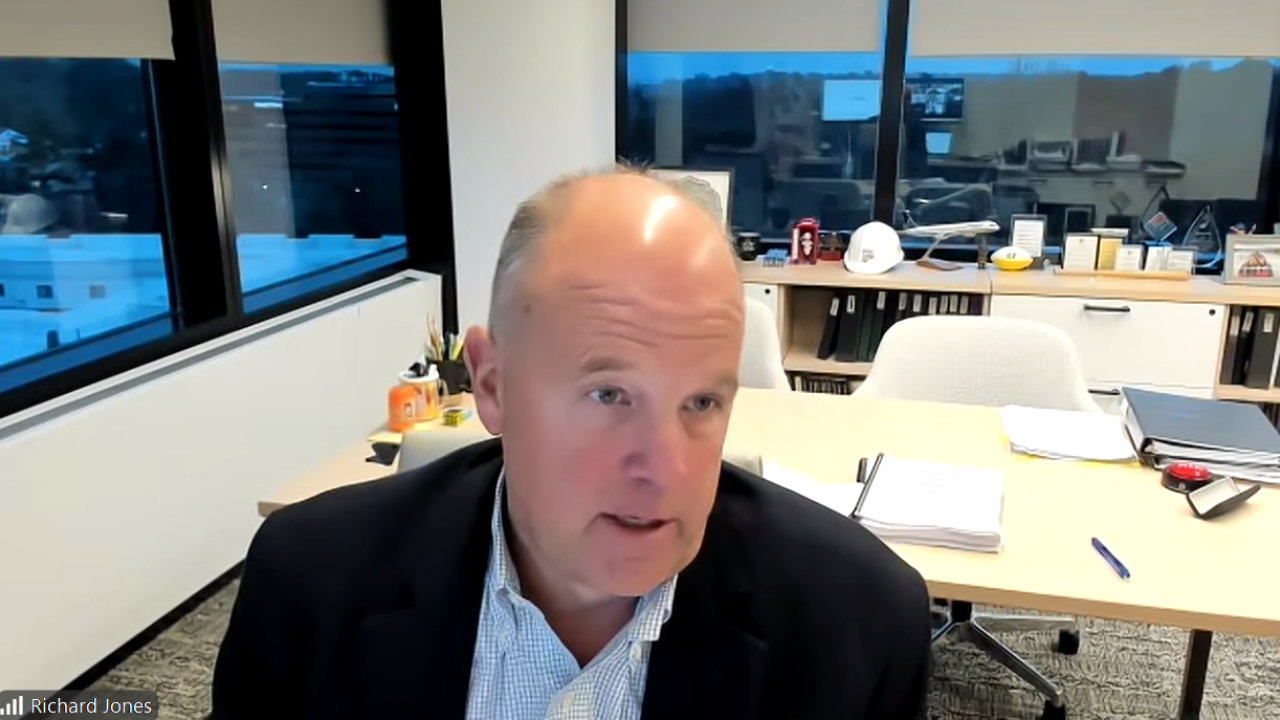Want unlimited access to top ideas and insights?
I receive many calls from colleagues asking how they could provide and market advisory services to clients. Many of them look far and wide trying to solve the mystery of the "client advisory services goldmine" while in many situations they are overlooking the low-hanging fruit surrounding them.
My
Getting paid for added services
A common issue is that clients do not want to pay their accountants the extra charges for the added services but then are willing to pay a "consultant" much higher amounts when there is urgency, along with the immediate visualization of value and benefits. At those points, willingness to pay the "expert" fees aligns. This "crisis" could have been avoided by having their accountant perform these services at the beginning of the process, which is a more appropriate time, or as part of an overall review in anticipation of the client's potential need for beyond normal services. I place blame on the client's accountant who fails to show the value of early consultations, analysis and what-if planning meetings and justify their added costs with the great benefits they would provide. These are also lost opportunities for added revenue for the accountant.
Subscription pricing model
Every client is in a moving orbit of activities that are beyond its normal day-to-day activities. The services of independent accountants are mostly continuous, repetitive and compliance oriented and provide predictable cash flow for them. Occasionally special projects develop and effective accountants will be involved in them. How they are paid for these special projects depends on the nature of the overall fee arrangement. Some are on a subscription basis, some on a time charge basis and some on a value creation pricing method.
Regardless of the arrangement, added non-repeating special project services are usually priced separately. What I did my entire career is I wanted to be there at the beginning of whatever it was and offered a no-charge initial exploration consultation. Most of the time, these went no further than the initial meetings, and I was not paid extra. However, these services were part of my overall subscription pricing arrangement (which I was doing when I first started when it had no name or purpose other than me wanting to get a regular check each month, and also not to have to occasionally justify my time with some clients).
When to charge extra for added services
However, there were enough situations where I was able to perform considerable services for which I was compensated very well. I have written many times that pricing an engagement is a marketing function. This means you have to sell the client on the benefits (and value) of paying the added charges. It also recognizes that many times the client is unaware of the need for such services or that the benefits, as the client sees them, are vague or too far in the future to attribute any advantages from the added payments. My attitude was that if I were readily available and knowledgeable about a client's situation and goals, and wasn't punching a clock every time we met, I would be at the table … always. That was my goal. My wealth was secured by the longevity of the relationship and pretty regular increases in the overall fees. I like to remind readers that the name of my autobiography, which was published by CPA Trendlines, is "Call Me Before You Do Anything!" (Like? How about love!)
Advisory services are transactional. The subscription model is a recurring relationship. No matter how little the check (and many weren't so little), you do not go broke getting a check every month with virtually no loss of clients, i.e., subscribers.
Being proactive
Many current problems a client has can be traced back to a lack of planning or understanding of the reality of the client's situation or an evaluation of what could go wrong. Accountants who are proactive have a chance of getting the added work as long as they can clearly articulate the value and benefits to the client. Those who do not work at it lose the opportunity and revenues and sow the seeds for eventually losing the client.
The marketing process to receive added advisory fees
There is a great value to modeling probable consequences of projected activities. For example, I never let a client get started with negotiations to sell their business without telling them they need a projection of the net proceeds they could expect, coupled with the loss of annual cash flow from the business compared to what they would get from the cash flow from their new investment portfolio. I also factor in all the steps they would become involved in, the probable costs, what can happen if the process is aborted and where they will stand if that occurs. There is a lot to consider.
After a preliminary (one or two hour) conversation, I then tell the client that any additional work would be charged for and that I would send them an estimate of what they would need and my charges. I follow this up with a list of each step, with the reasons and value for each of those steps and a fixed price for each step. I also include a request for a retainer to get started and a payment schedule. That is work and usually takes me a few hours, but it's worth it because I usually get the additional premium-priced services. Even when I do not get the added work, the client becomes more aware of what we do and some of them blab to their friends about what a great accountant they have. That has led to added clients, not necessarily to perform the services I discussed with the client.
There is a temptation to write here about many more specifics, but I wanted to describe the process, stressing that you need to market the benefits the client will receive. Clients do not buy vague services from you; they buy services that provide value to them. Your job is to show them the value you are providing in clear, unequivocal terms. When that happens, your fees are no longer the issue.
Every client presents a potential for added services
Many, and probably most, of your clients need added services. Your ability to capture those revenues will depend on your ability to show the client the value they will receive. To me that is a marketing issue needing awareness, homework and the ability to be available when their need is in its nascent stage. There is a client advisory services gold-mine in your backyard. Go for it.
Do not hesitate to contact me at





